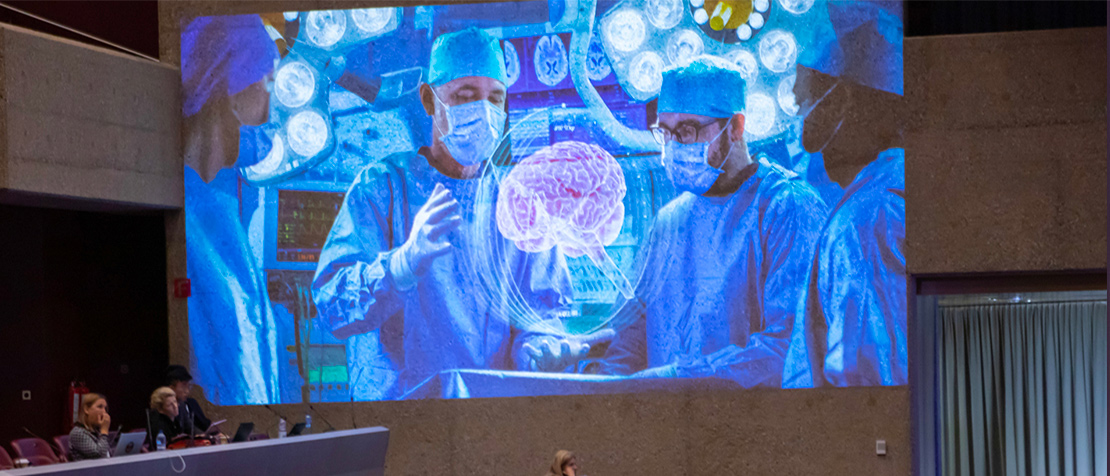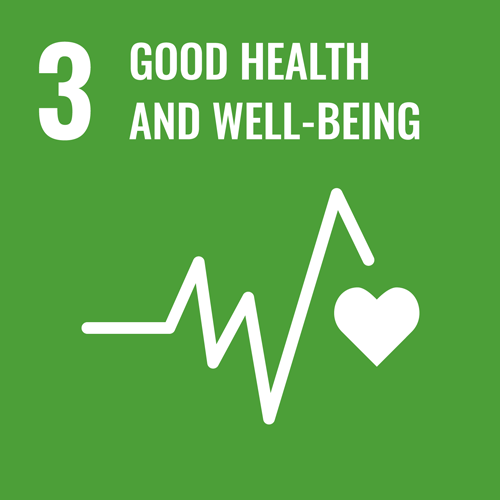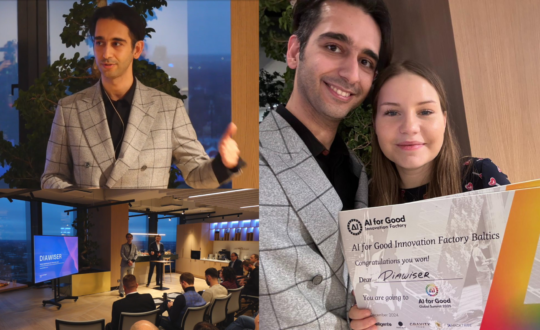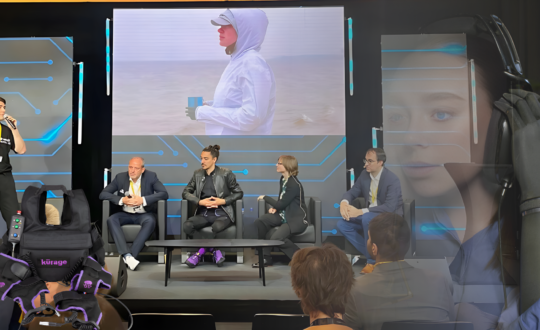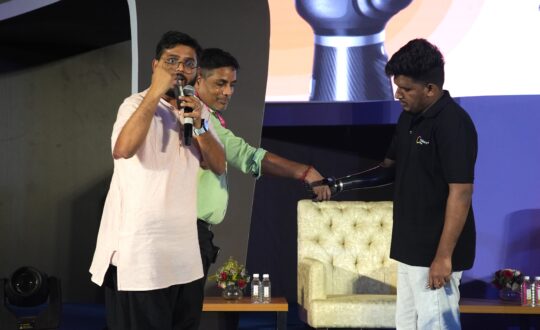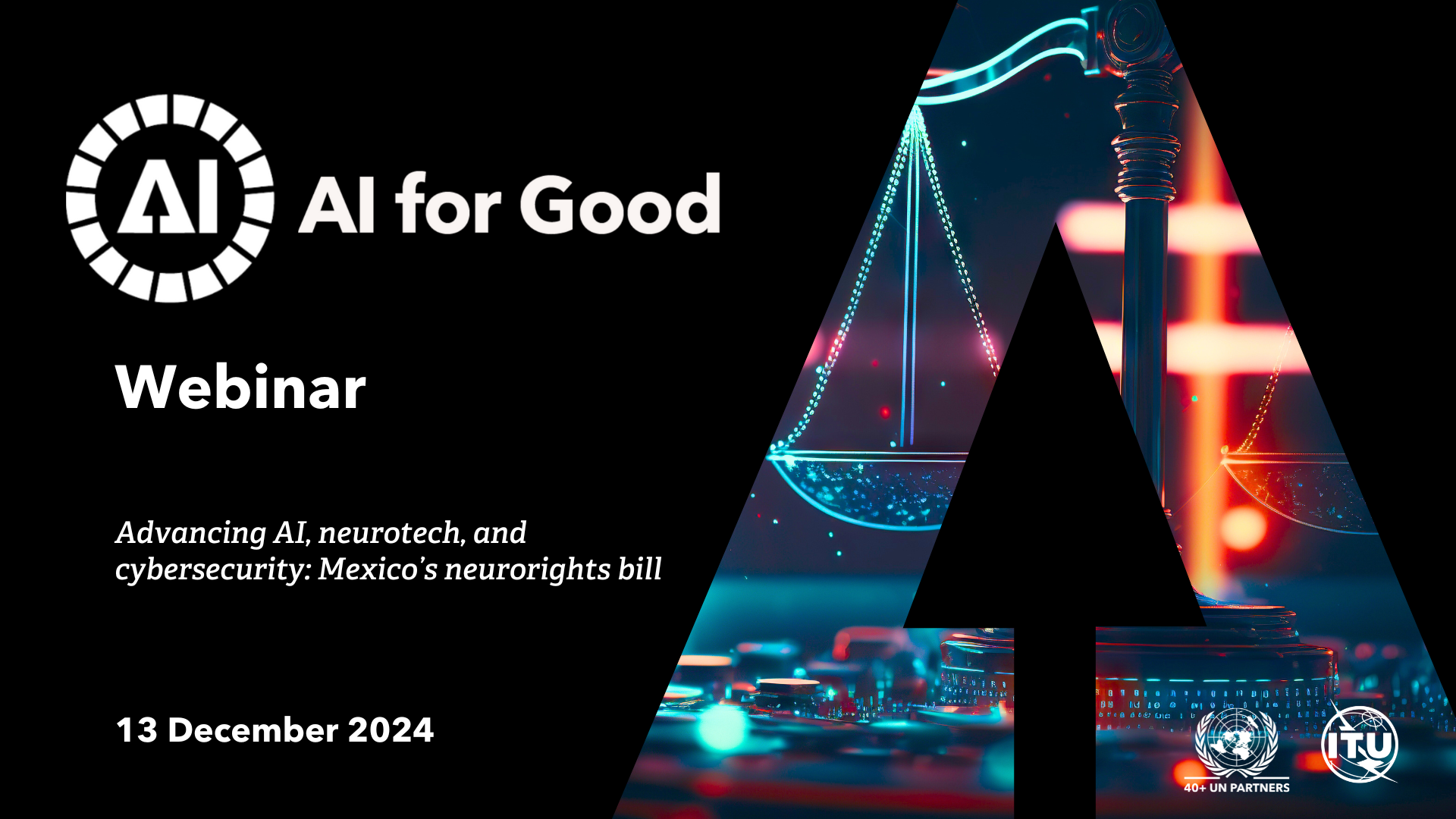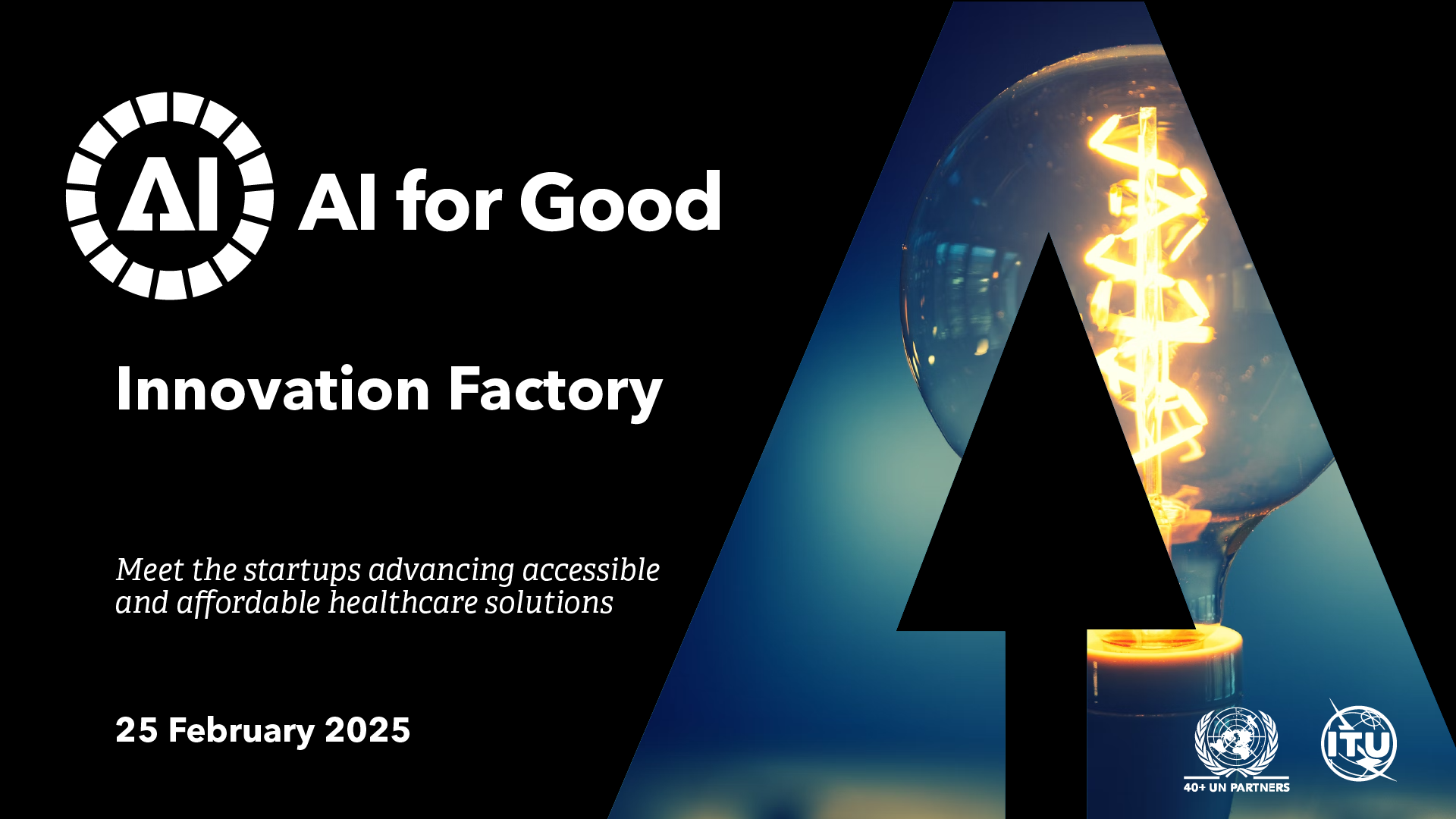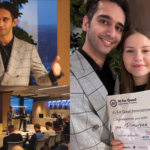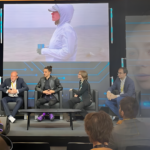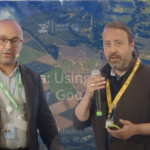Information and communication technologies (ICTs) are making a key contribution to innovation in health services and overarching health systems.
We are living through a time of accelerating convergence.
Technologies are converging. Industries are converging. Our world has become highly interconnected.
Industries are entering new shared space, and they find themselves in need of common technical standards.
ITU standardization work is now supporting digital transformation in areas ranging from energy and transportation to financial services; agriculture; smart cities; and, of course, healthcare.
As technologies and industries converge and innovation accelerates in fields such as Artificial Intelligence (AI), the Internet of Things (IoT) and 5G, there is an increasing need for common technical standards in areas beyond ICT and consumer electronics.
We see this reflected in the increasing attention being devoted to standardization by policymakers and regulators around the world – from the European Union to the U.S. to China.
Building trust
It is in this context that the ITU standardization platform, for many years central to building trust in the ICT sector, is now helping the ICT sector build trust with its many new partners – from automotive to fintech to healthcare, and many more.
This week’s AI for Good Global Summit targets impact on a global scale.
At last year’s Summit, we heard that AI-powered technologies such as skin-disease recognition and diagnostic applications based on symptom questions could be deployed on 6 billion smartphones by 2021.
Working in collaboration, thinking in a multidisciplinary way, we can create very meaningful improvements in the quality of life enjoyed by billions of people worldwide.
Working together on ‘AI for Health’
This year’s Summit includes a breakthrough track is led by the Focus Group on ‘AI for Health’, an initiative driven in close collaboration by ITU and WHO.
This initiative is working towards the towards the standardization of a framework for the performance benchmarking of ‘AI for Health’ algorithms to address health issues such as breast cancer, Alzheimer’s disease, vision loss and skin lesions.
Our objective is to develop evaluation methods to assess the degree to which ‘AI for Health’ use cases have achieved ‘Proof of Concept’.
This could provide regulatory bodies with the information necessary to determine whether or not AI algorithms have proven themselves accurate enough to enter clinical settings.
AI and data are inseparable, and we know that advances in knowledge discovery and data mining hold great promise for the health sector.
This is another area where our ‘AI for Health’ Focus Group could deliver considerable value – this group is improving our understanding of how we could best navigate the challenges surrounding access to health data and the appropriate use of that data.



